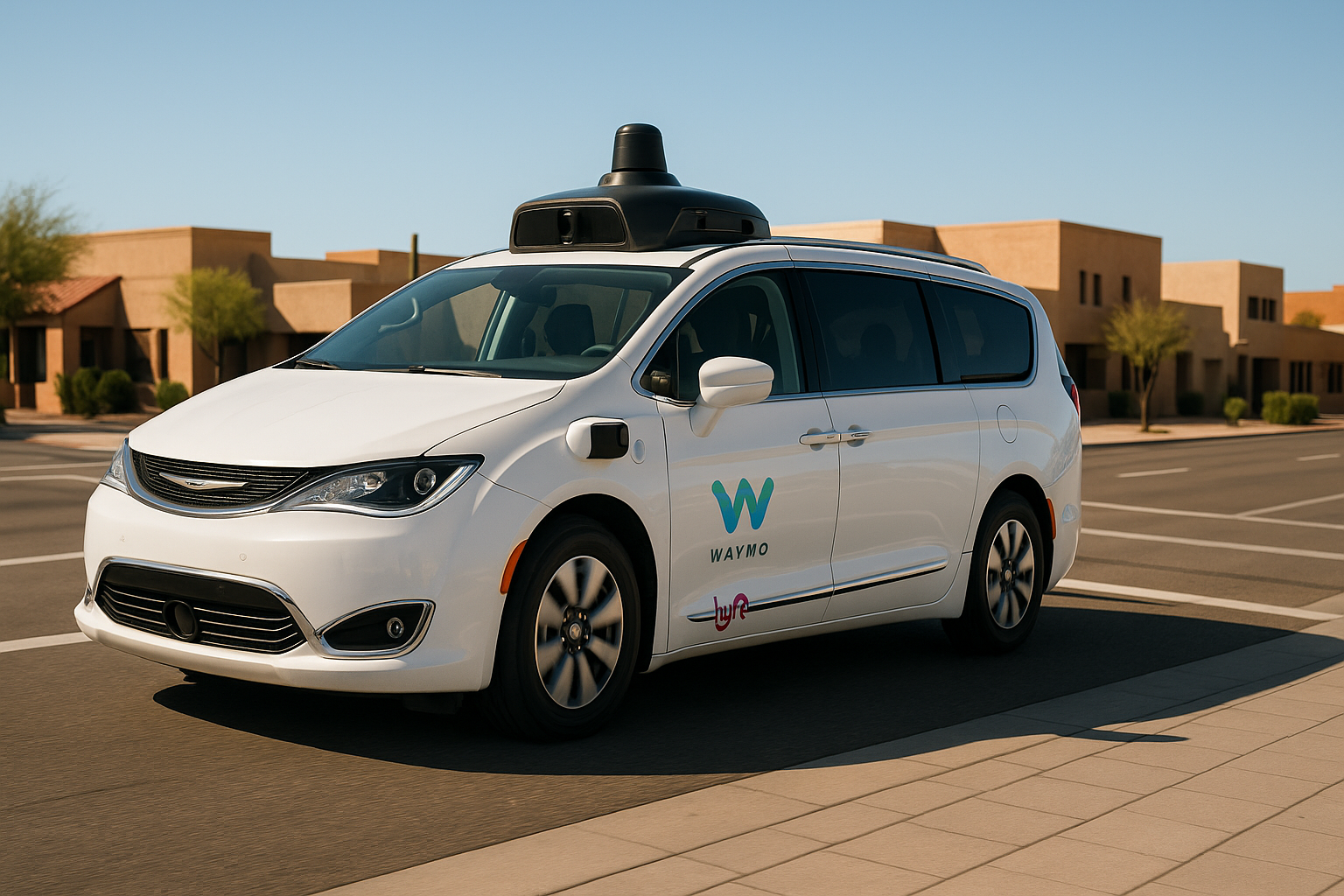The ride-hailing industry just got a jolt that nobody saw coming. Lyft—perpetually struggling in Uber's enormous shadow—saw its stock rocket up a head-turning 25% yesterday after announcing a partnership with Waymo, Google's self-driving vehicle unit. Wall Street, it seems, hasn't lost its appetite for a good tech story.
I've covered transportation tech long enough to recognize the familiar pattern: company mentions "autonomous vehicles," investors throw money at screen, questions come later.
The deal itself sounds promising enough. Lyft will integrate Waymo's driverless vehicles into its platform, starting with Phoenix (always Phoenix, with its predictable weather and grid-like streets) before supposedly expanding to other markets. For Lyft shareholders who've endured years of disappointment, this moment must feel like finally getting a ride after standing in the rain for an hour.
But let's be real for a second.
The autonomous vehicle revolution has been "just around the corner" for so long that some of the original test cars should qualify for antique plates by now. I remember attending a 2016 transportation conference where executives confidently predicted widespread driverless adoption by 2020. How'd that work out?
There are two ways to look at this partnership. First, it could be a genuine technological shortcut for Lyft. Rather than burning billions on R&D like Uber has done (with questionable results), they're partnering with Waymo—arguably the most advanced player in the autonomous space. Smart move, if—and this is a massive if—the technology is actually ready for prime time beyond carefully controlled environments.
The second interpretation? Pure market theater.
Lyft gets an immediate stock boost and renewed relevance. Waymo gets a major distribution platform. Both companies get to issue glowing press releases. Everyone's happy! (At least until they have to figure out how to actually make money together.)
What makes me skeptical? History, for one thing. Remember Lyft's big autonomous partnership with GM back in 2016? Or their 2021 deal with Ford? Those generated plenty of headlines too. Where are those initiatives now? (That's not a rhetorical question—I genuinely don't know because they faded from view so completely.)
The timing is interesting, though. After years of setting investor cash on fire, both major ride-hailing companies have finally shown they might understand what profitability means. Adding autonomous vehicles to the equation could theoretically supercharge those margins by removing their biggest expense—those pesky human drivers who insist on being paid.
Look, I'm not saying this deal won't work. Maybe this time is different. The technology has certainly advanced. But the jump from "works in Phoenix" to "works nationwide in all weather conditions and unpredictable urban environments" is... substantial.
(Full disclosure: I once got stranded by a conventional Lyft driver who couldn't find my apartment during a mild rainstorm. So my expectations for robot drivers navigating Manhattan in February might be tempered by experience.)
What's most telling about this whole situation is how desperate investors seem for a tech narrative they can believe in. In a market saturated with AI hype and promises of disruption, the autonomous vehicle story almost feels nostalgic—like reuniting with an old flame who swears they've changed.
For Lyft, even if widespread deployment is years away, this partnership provides something crucial: a technology story that differentiates it from Uber. In the eyes of investors, sometimes the perception of future advantage is enough to drive present value.
Will passengers eventually benefit? Maybe. Will drivers lose jobs? Probably, eventually. Will investors who jumped in on this 25% pop make money? That's the multi-billion-dollar question nobody can answer yet.
I guess we'll find out if this partnership delivers passengers to their destinations... or just delivers another round of broken promises.
